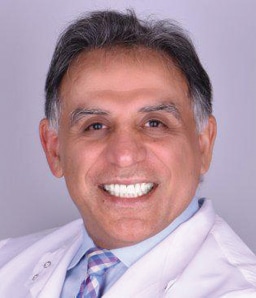
Supertooth – Bethesda
6831 Wisconsin Ave
302 Suite
Bethesda, MD 20815
Supertooth – Germantown
20528 Boland Farm Road
Suite 212
Germantown, MD 20876
Supertooth – Gaithersburg
237 Kentlands Blvd
Gaithersburg, MD 20878
Supertooth – Germantown
19851 Observation Drive
Suite 355
Germantown, MD 20876

More Dental Health Articles
Research Links Gum Disease To Heart Attack
What should I be concerned about? Researchers are finding possible links between periodontal infections and other diseases throughout the body. Studies suggest that there may be a link between periodontal (gum) disease, heart disease and other health conditions.
In fact, research suggests that gum disease may be a more serious risk factor for heart disease than hypertension, smoking, cholesterol, gender and age.
Studies suggest that people who have gum disease seem to be at a higher risk for heart attacks. Your oral health affects your overall health, but the studies that will find exactly why these problems are linked are still underway.
How can gum disease affect my overall health? The current theory is that bacteria present in infected gums can move throughout the body. The same bacteria that causes gum disease and irritates your gums might travel to your arteries. Researchers are unsure what causes the bacteria to become mobile, but it has been suggested that bacteria can be dislodged and enter the bloodstream during tasks as simple as brushing, flossing or even chewing.
Research shows that risk varies according to the level of gum infection. The worse the infection, the more likely the bacteria are to become bloodborne. Infected gums bleed, making it easier for bacteria to enter your bloodstream. If bacteria become dislodged, the bacteria enter through cuts or sores in your mouth and travel to other parts of the body through your bloodstream.
Once bacteria reaches the arteries, they can irritate them in the same way that they irritate gum tissue. This could cause arterial plaque to accumulate in the arteries, which can cause hardening and block blood flow.
Compromised blood flow to your heart can cause a heart attack. Also, arterial plaque can come loose and travel to other parts of the body. If blockage occurs in the brain, it can cause a stroke.
Your dentist may use a special rinse after dental procedures to neutralize these bacteria, but your best protection is to maintain a healthy mouth.
What should I do? Keep your mouth healthy. See your dentist at least twice a year for periodic maintenance. Although gum disease can often show few or no symptoms at all, watch for gums that are red and irritated, or gums that bleed easily. There are many new treatments available to control and help reverse gum disease.
Always remember that gum disease is caused by plaque buildup. Brush and floss regularly to remove plaque that you can’t see below the gumline and remember to schedule regular check-ups. If you remove the plaque, you minimize the chance for getting gum disease.
If you have any questions about your oral health, ask your dentist.
Source: Academy of General Dentistry
Other Articles You May Find of Interest...
- Appliances Are In Now: How To Manage TMJ Disorder
- Why The Tooth Fairy Is Very Fun – and Important!
- Let’s Smile Dental’s 7&Up Club
- Strengthening Smiles: Understanding the Importance of Splinting Periodontally Involved Teeth
- Understanding Soft Tissue Grafting: A Key To Periodontal Health
- New Solutions for Dentures and Dental Implants
- Benefits Of Immediate Dental Implants

















